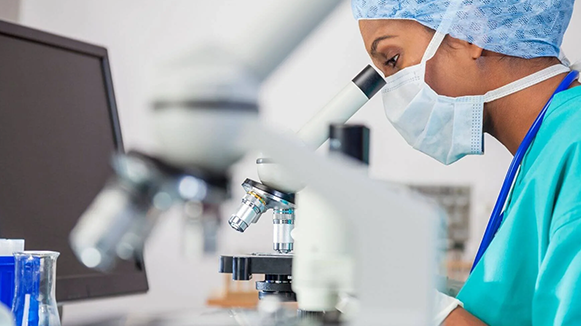Antibiotic Resistance Markers genetic testing is a molecular diagnostic method used to detect genetic mutations or genes in pathogens that confer resistance to antibiotics. By analyzing DNA from bacteria or viruses, this test identifies resistance markers, helping healthcare providers choose the most effective antimicrobial treatment. It is particularly valuable in managing infections that do not respond to standard antibiotics. This testing supports faster diagnosis, targeted therapy, and helps reduce the misuse of antibiotics, which is a major contributor to global antibiotic resistance. It is commonly used in hospitals, infectious disease labs, and outbreak investigations to improve patient outcomes and public health.
Choosing Antibiotic Resistance Markers genetic testing is essential for personalized and effective infection management. Traditional culture-based methods can take days and may not reveal the specific resistance mechanisms of pathogens. In contrast, genetic testing rapidly identifies resistance genes, allowing healthcare providers to prescribe the most appropriate antibiotics from the start. This reduces the risk of treatment failure, limits the spread of resistant infections, and helps combat the global threat of antibiotic resistance. By avoiding unnecessary or ineffective antibiotics, it also supports antimicrobial stewardship and improves patient recovery times, making it a crucial tool in modern infectious disease control.





This genetic testing is ideal for individuals who are experiencing infections that are difficult to treat, recurring, or unresponsive to standard antibiotics. It is particularly beneficial in clinical settings where rapid and accurate detection of resistance can significantly impact treatment decisions. Patients with compromised immune systems, healthcare workers exposed to resistant infections, or those undergoing invasive procedures may also benefit from this test. Early identification of resistance markers ensures timely and targeted antibiotic use, improving outcomes and preventing the spread of resistant strains.
You should consider this test if:

A clinical specimen is collected from the patient, such as blood, urine, sputum, wound swab, or other infected tissue.
The collected sample is processed to extract the DNA or RNA of the suspected pathogen.
Using techniques like PCR (Polymerase Chain Reaction), specific resistance gene sequences are amplified to detectable levels.
The amplified genetic material is analyzed using methods such as DNA sequencing, microarrays, or real-time PCR to identify resistance markers.
Results are interpreted to determine which antibiotic resistance genes are present.
A detailed report is generated for the healthcare provider, guiding effective antibiotic treatment choices.

 01
01
Our fully integrated E-Lab platform offers online test ordering, real-time tracking, and secure digital reporting bringing convenience and control to both physicians and patients across the country.
 02
02
From routine blood tests to complex genetic panels, we leverage cutting-edge platforms like NGS, PCR, and AI-powered analytics for maximum accuracy and clinical relevance.
 03
03
With lab facilities based in Florida, we ensure faster processing times and direct access to our expert team. You get timely results backed by responsive, local customer support.
At E-lab, we are dedicated to innovation, collaboration, and seamless growth.
